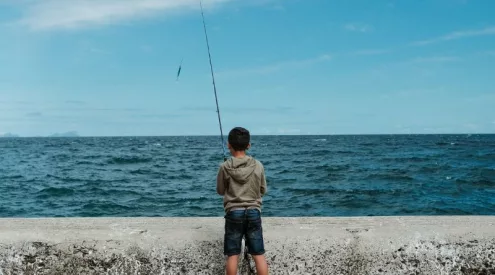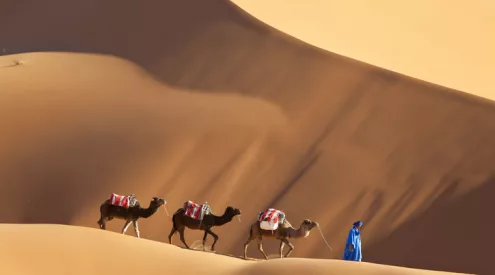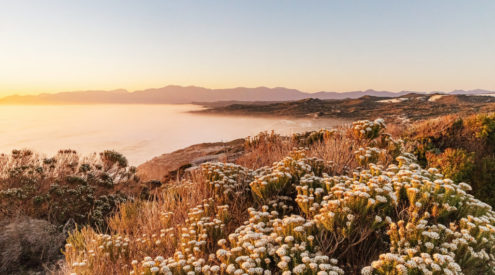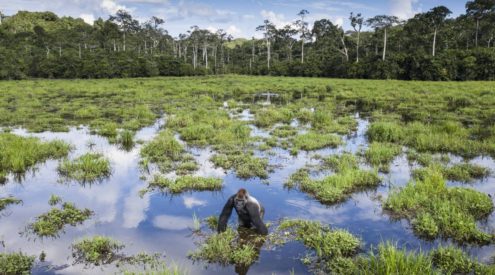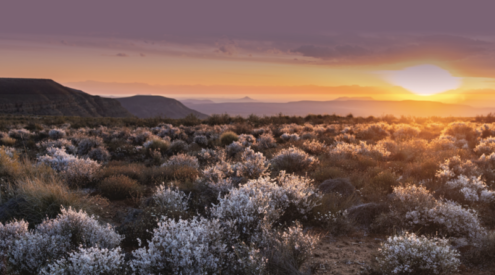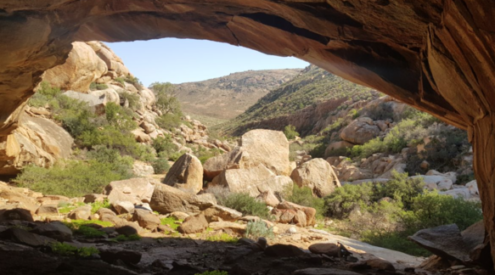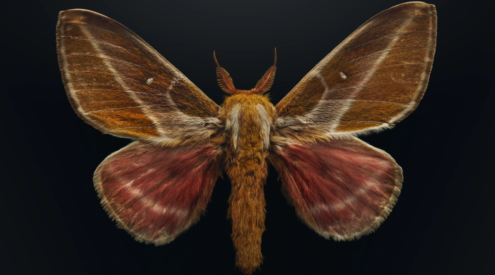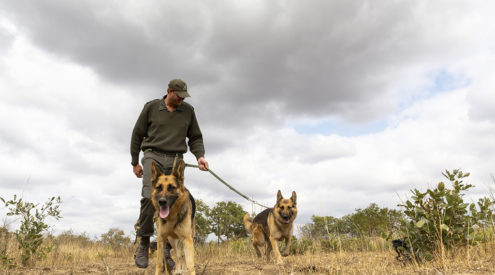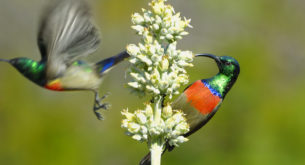Researchers from Nelson Mandela University and the Endangered Wildlife Trust compiled a review pertaining to the marine species that are killed by ship collisions.
Through a series of recordings, a minimum of 75 species including penguins, sea otters, turtles, dolphins, whales and sharks, have been killed by both large commercial vessels and smaller recreational vessels across the world.
The review, published in Frontiers of Marine Science, revealed that collisions happen far more regularly than initially thought. While reports of incidences with smaller species are rare, it is likely that this is due to reporting bias such as simply not noticing that they were struck.
‘It’s not just large commercial vessels that are responsible’, revealed Patterson-Abrolat from the Endangered Wildlife Trust, ‘but small recreational vessels too. Injury to the animals can be pretty horrific, ranging from minor injury to an animal through to deep lacerations, fractures, haemorrhaging, amputated body parts such as fins or tails, or even death.’
Injury to an animal may also lead to reduced fitness which in turn lowers reproduction rates and even population sizes. Most affected are the long-lived species which take longer to reach sexual maturity and give birth to just one or two young at a time.
‘It isn’t just the animals that suffer, vessels may incur damage such as cracked hulls or broken propellers. In a few cases, the ship’s crew can also be injured, with extreme cases resulting in being knocked overboard and loss of life’, said Patterson-Abrolat.
What can be done?
Temporary rerouting of ships during breeding seasons could reduce the risk of collisions, but this is often directed only for whales; many other vulnerable species often receive little or no attention.
Establishing communication channels with mandatory reporting and early warning systems could give both the ships and the animals more time to take avoidance procedures should a collision be likely.
Having a trained observer on board can also increase the detection of an animal in the water allowing the ship to alter course or warn the animal of its presence. A range of deterrent devices has also been developed.
These have been found effective on species such as the North Atlantic Right Whale but were not effective on Grey Whales. A Manatee Alert Device (MAD) has proved successful in alerting that species. Propeller guards have also been found to be successful for species such as Loggerhead Turtles.
The report made more specific recommendations such as developing a centralised database of all collisions noted in the oceans, to allow the identification of potential hotspot areas. With at least 75 species being recorded as involved in collisions with vessels, and noting that there may be a reporting bias against the smaller species, this may be a larger problem that initially thought.
Research should be conducted to determine whether or not injured species have a reduced breeding success rate and how this impacts on populations, if there is any way of determining when smaller species have been involved in a collision, and how to identify high-risk areas for all species.
Enforcement should be stepped up where necessary to ensure adherence to speed reduction zones, and education and awareness materials should be made available to ship crews, and recreational skippers.
Oceans provide valuable recreational and transport services and the importance of these should be central to the rebuilding of our oceans economy. If nothing else, COVID-19 has provided us with a valuable opportunity to reflect on our past actions and to build an economy that truly considers its impact on the environment but that also ensures the prosperity of humankind.
The review is authored by the Endangered Wildlife Trust’s Claire Patterson-Abrolat, with researchers Dr Renee Schoeman and Dr Stephanie Plön, both from the Nelson Mandela University.
The full paper is available here.
Image credit: Unsplash




